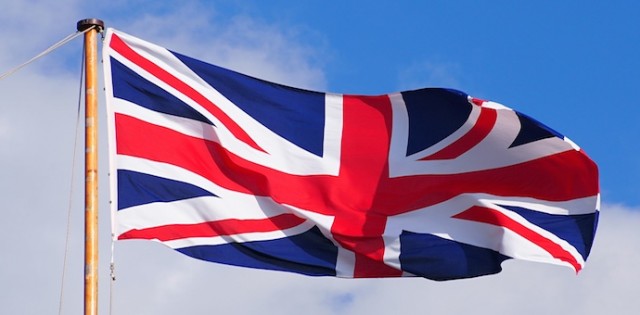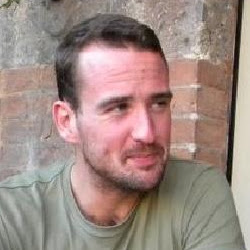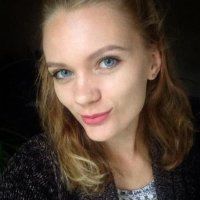The early experiences of his life were very important in leading Soros away from conventional thinking about the formation of prices, political structures or other human constructs and towards a new theory of the world in which the act of humans trying to understand and respond with action to the fundamentals they see can cause both the fundamentals to change, and, when the fundamentals change, the understanding (or misunderstandings) on the part of the human actors changes.
Soros was born into a Hungarian Jewish family in August 1930 (within a few days of Warren Buffett). His mother was a loving woman, but very introspective, delving deeply, taking a highly self-critical, even self-flagellating, posture. Soros says that he has internalised his mothers self-critical attitude. He says that one of the driving forces for him to become a big winner was the need to subdue a sense of being a big loser inside.
His father, Tivadar, was outgoing, gregarious, genuinely interested in other people’s fate. While holding these virtues he was very reluctant to reveal anything of himself to others. Soros idolized him. Tivadar had been an ambitious young man, then World War One broke out.
He volunteered and was promoted to lieutenant, but was captured by the Russians and taken to a prison camp in Siberia. He remained ambitious – for a while. He edited the camp newspaper called The Plank (It was written by hand and nailed to a plank). He was well respected and was elected prisoners’ representative.
When some prisoners from a neighbouring camp escaped the prisoners’ representative there was shot dead to set an example and provide an disincentive. Tivadar decided that his best approach was to escape rather than wait to be shot in retaliation for the escape of others.
He chose 30 people because they had the right mix of skills – carpenter, cook, doctor, etc – and they broke out of the camp, made a raft and started to float down a river to the ocean. The problem was that the rivers of Siberia flow towards the Arctic Ocean. It took weeks to realize the mistake; then started a long trek across a Siberia in turmoil due to the fight between the Red Russians and the White Russians after World War One.
He witnessed horrendous acts of violence and thereafter greatly valued simply being alive, losing all ambition; wealth and influence were no longer important – he simple wanted to enjoy life. Nevertheless his searing experiences in a chaotic society gave him both key survival skills and an insight into the potential of societies to go through periods of far-from-equilibrium states.
Before George was six the family name had been Schwartz, but those with Jewish names were subject to severe discrimination in Hungary. Tivadar involved the whole family in searching for a new name. Soros was chosen because it could be pronounced in any language and in Magyar it means ‘the one who is next in line’ – the fact that it is a palindrome also appealed.
Surviving the Holocaust
George Soros was an indifferent student, preferring to concentrate on sports and games (Monopoly being his favourite). He was particularly poor at mathematics, but very interested in reading classical philosophy. When he was thirteen Soros was walking home from an art gallery when he saw German tanks in the streets – it was March 1944 and the Germans had invaded their Hungarian ally.
He later said that this was the most exciting time of his life. Tivadar quickly recognised that these were not normal times and normal rules did not apply. George says that this was his father’s finest hour. He understood that obeying the law was a ‘dangerous addiction’ and that flaunting it was the only way to survive.
With Tivadar as a teacher the Second World War became an advanced course in survival, providing skills for George to use in investment later in the century. The Russian Revolution had taught Tivadar what to do.
He acted with decisiveness, obtaining false identity papers for his family, and finding places for them to live or to hide. It was not just his family he helped; he saved dozens of lives. Soros sees this time the happiest year of his life.
It may seem paradoxical that under Nazi rule and when the Holocaust was reaching the height he was so happy, but he was an adventurous 14 years old who could see the father he adored in command of the situation helping others. Soros says that none of the risks he took as an adult were as great as those he took trying to evade and out-smart the Nazi invaders.
The Soviets
The Russian occupation of 1945 brought a period with some adventures, but mostly drudgery as the communist dead-hand was laid over the country.
Living under both Nazi and Communist regimes provided Soros with a healthy respect for the objective aspect of reality.
His experiences of living in the far-from-equilibrium conditions of first the German and then the Russian occupation of his country provided insight which played an important role in preparing him for a successful career as a hedge fund manager.
Tivadar had the Russian Revolution as his teacher in how to survive and George had the Nazi occupation. Taking all these experiences together George was able think through his conceptual framework to be able to recognise far-from-equilibrium situations when they arise.
Soros felt restricted under the controlling state of communist Hungary. He also felt that his father’s sway over him was excessive. He said to Tivadar that it was not natural for a 15-year old to think like a 50-year old and he needed more freedom to grow. His father suggested that he strike out on his own and asked where he would like to go.
George said either England (he had listened to the BBC and was impressed by the British sense of fair-play and objective reporting) or the Soviet Union (to find out the nature of the system they ………………To read more subscribe to my premium newsletter Deep Value Shares – click here http://newsletters.advfn.com/deepvalueshares/subscribe-1


 Hot Features
Hot Features













